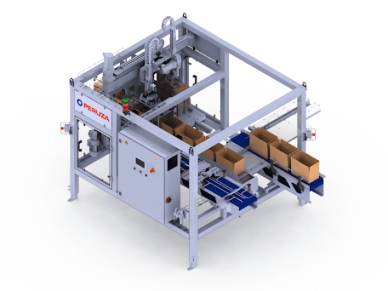
With a semiconductor chip shortage expected to last through 2022 and the impending metaverse requiring 1,000 times more computational efficiency than is currently available, Intel is investing heavily in new chip facilities. Its first move is a $7.1 billion expansion of its operations in Malaysia, where Intel first opened a plant in 1972. The new facility is expected to come online in 2024.
“This undertaking is indeed timely given the bullish global demand driven by the chip shortages and the potential challenges arising from the recovery of the pandemic globally,” Malaysian Minister of International Trade and Industry Mohamed Azmin Ali said in a statement.
Intel also has plans to announce new chipmaking facilities in the U.S. and Europe early next year. It’s all part of a long-term investment in the demand for computing power as the metaverse comes closer to being a reality and a meaningful part of life in the developed world.
“We need several orders of magnitude more powerful computing capability, accessible at much lower latencies across a multitude of device form factors. To enable these capabilities at scale, the entire plumbing of the internet will need major upgrades. Intel’s building blocks for metaverses can be summarized into three layers and we have been hard at work in several critical areas,” Raja Koduri,
general manager of the Accelerated Computing Systems and Graphics Group, wrote in a blog post.
The chip shortage has affected everything from car manufacturing to video games and is illustrative of the sudden decrease in demand in spring 2020 and just as sudden surge in demand as societies reopened that has been a hallmark of COVID economics. Even with ramped-up production, supply won’t meet demand for some time.
“Overall, the semiconductor industry this year will grow more than it has in the last two to three decades. But still the gaps are large … and I predict that the limitations of the shortages will persist into 2023,” Intel CEO Pat Gelsinger said.














Leave a Reply